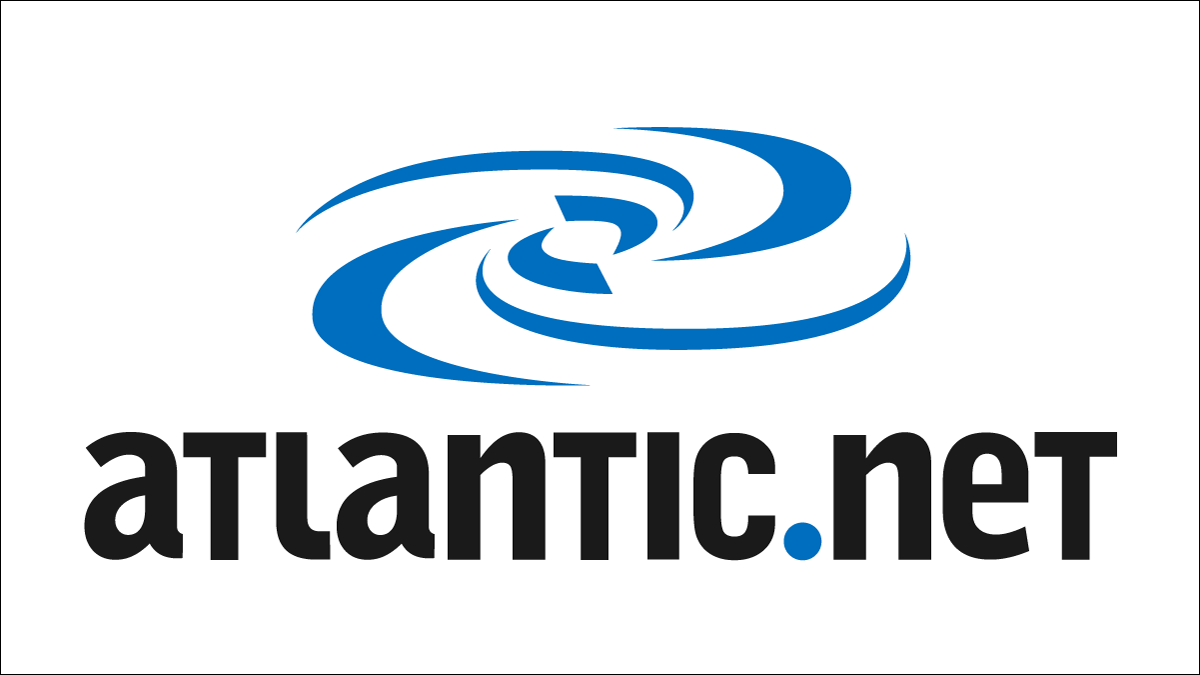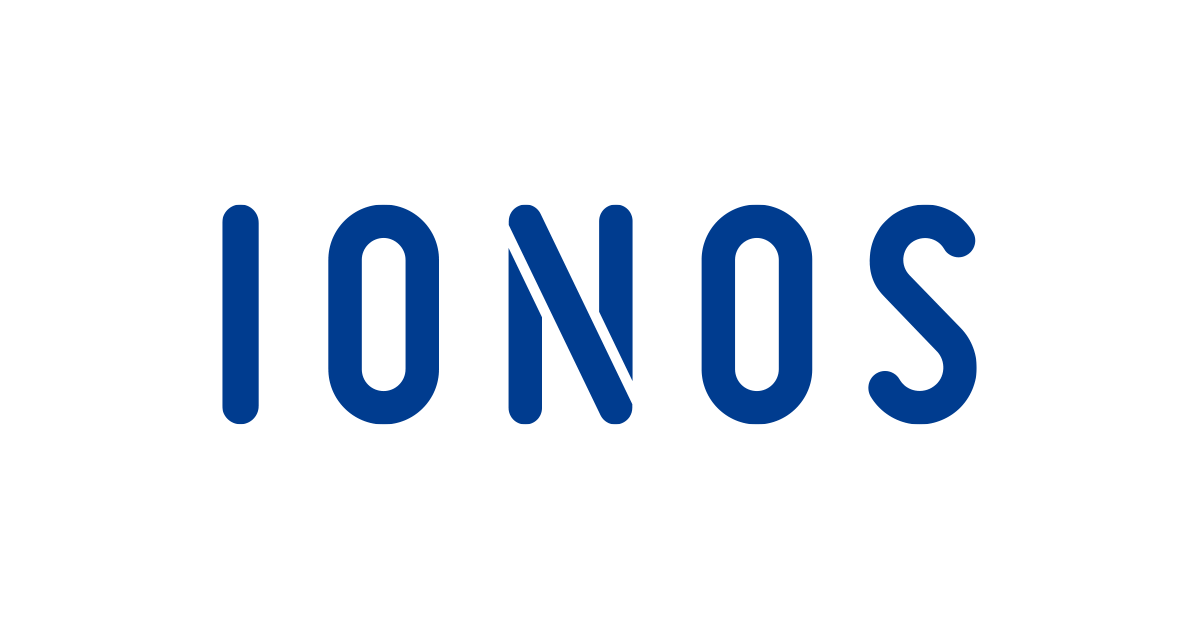Cyberattacks have become frequent and complex, while cloud misconfigurations have exposed millions of records worldwide. These incidents have led many organizations to question the reliability of their infrastructure security. The public cloud offers speed and flexibility, but its shared structure introduces hidden risks. When multiple users share the same environment, even a single error can expose data across tenants, creating serious security concerns.
Organizations that handle sensitive or regulated data cannot take such risks. They require complete control, apparent isolation, and compliance-ready systems that can be audited and trusted.
Single-tenant dedicated hosting meets these needs. It provides a dedicated physical server for a single client, with no shared hardware or external access. This model reduces the attack surface, maintains steady performance, and ensures full control over security measures and monitoring practices.
Therefore, for businesses seeking a secure and transparent hosting environment, single-tenant dedicated hosting offers a reliable and controlled foundation for modern digital operations.
What Is Single-Tenant Dedicated Hosting?
A single-tenant dedicated server is a physical machine allocated exclusively to one organization. Unlike shared or virtual servers that host multiple tenants, it isolates computing power, memory, and storage at the hardware level.
This complete separation ensures that no external entity can interfere with workloads or access stored data. It removes the risks of performance degradation caused by noisy neighbors and prevents cross-tenant data exposure through hypervisors. Moreover, it enables administrators to configure the operating system, deploy security tools, and manage encryption keys in accordance with organizational policies and compliance requirements.
Table 1: Difference between Single-Tenant and Multi-Tenant Hosting
| Feature | Single-Tenant Dedicated | Multi-Tenant (Shared/Cloud) |
| Resource Isolation | Full hardware isolation | Shared CPU, RAM, storage |
| Security Control | Complete (customizable firewalls, IDS/IPS, access control) | Limited; depends on the provider |
| Performance | Predictable and stable | Variable based on the usage of others |
| Compliance | Easier to certify HIPAA, PCI DSS, SOC 2 | Complex due to shared infrastructure |
| Cost | Higher upfront | Lower initial, variable over time |
For organizations in healthcare, finance, and government, single-tenant dedicated hosting is sometimes required to meet strict compliance and data protection standards.
Why Isolation Matters for Security and Compliance
Security in information systems encompasses more than just encryption or firewalls. It also depends on reducing the attack surface. Single-tenant dedicated hosting achieves this by removing shared layers of infrastructure and giving one organization complete control.
Physical Isolation
In a single-tenant model, the entire server, including the processor, memory, storage, and network interface cards, is dedicated to a single client. No other workloads run on the same hardware. This prevents risks of shared hypervisors, such as side-channel attacks like Spectre or Meltdown. Data centers that host these servers typically employ strict physical security measures, including biometric entry systems, video surveillance, and redundant power and cooling systems.
Network Protection
Dedicated servers enable organizations to develop their own customized network security measures. They can configure firewalls, create private VLANs, and use intrusion prevention systems. Many providers also include managed DDoS protection and encrypted links between data centers. These measures reduce the chance of unauthorized access or data interception.
Compliance-Ready Infrastructure
Single-tenant hosting also supports regulatory compliance. Since the client controls all layers of the system, it is easier to meet and document requirements for audits. This model aligns with standards such as:
- HIPAA / HITECH for healthcare data
- PCI DSS for payment processing
- SOC 2 / SOC 3 for service audits
- ISO 27001 / GDPR for international security and privacy
In contrast, shared cloud environments often create unclear divisions of responsibility. Dedicated hosting avoids this problem by providing clear ownership and accountability.
Essential Features of Secure Single-Tenant Hosting
Single-tenant dedicated hosting strengthens infrastructure security through isolation, control, and transparency. Each component of the environment, from hardware to backup, is designed for a single organization. The following features outline how this model provides enhanced protection and compliance.
Private Storage
In a single-tenant setup, all storage devices, such as NVMe or SATA SSDs, are owned by a single organization. No other client can share or access them. This exclusive allocation eliminates the risks associated with shared disks and provides additional protection through hardware-level encryption and RAID redundancy.
Tenant-Controlled Firewalls and IDS/IPS
One tenant fully controls network security tools in single-tenant environments. Firewalls, intrusion detection, and prevention systems are configured only for that organization’s traffic. This independence prevents conflicts or vulnerabilities that can emerge in shared environments.
Independent Backup Strategy
Data protection in single-tenant hosting is also isolated. Backup routines, off-site replications, and encrypted archives are managed separately for each organization. This ensures that recovery processes remain secure and cannot be influenced by other users.
Compliance Certification
Data centers supporting single-tenant servers are often certified for frameworks such as HIPAA, PCI DSS, or ISO 27001. The absence of shared infrastructure simplifies audits and makes compliance responsibilities clearer, which is essential for regulated industries.
Together, these elements show that single-tenant dedicated hosting provides security through physical isolation, administrative control, and verifiable compliance. Each layer of the system, from hardware to network defense, is designed to protect a single organization.
Top Single-Tenant Dedicated Hosting Providers (2025)
Atlantic.Net
Among single-tenant hosting providers, Atlantic.Net is popular for its strong emphasis on security and compliance. Established in 1994, it is one of the oldest U.S.-based hosting companies, recognized for its infrastructure designed to support sensitive workloads. Its bare-metal servers operate in fully isolated, single-tenant environments, offering dedicated performance and strict control, a model well-suited for industries such as healthcare, finance, and government.
- Security and Compliance: Atlantic.Net’s infrastructure meets leading compliance standards, including HIPAA, HITECH, PCI DSS, SOC 2, and SOC 3. The company also supports Business Associate Agreements (BAA) for clients in healthcare and related sectors, ensuring full audit readiness and data protection.
- Global Data Center Footprint: The company operates modern data centers in Orlando, Dallas, San Francisco, Ashburn, and New York, along with additional sites in Canada, the U.K., and Asia. This broad coverage helps clients to achieve regional redundancy and low-latency access for distributed teams.
- Support and Management: Atlantic.Net provides 24/7 U.S.-based technical support through phone and email. Both managed and unmanaged service models are available, allowing organizations to either retain complete administrative control or delegate maintenance and monitoring to the provider’s experts.
- Performance and Configuration Options: Dedicated servers feature the latest Intel Xeon and AMD EPYC processors, ECC RAM, and NVMe SSD storage for high throughput and reliability. In addition, configurations are flexible, with options reaching up to 104 CPU cores, 2 TB of RAM, and 90 TB of storage, making them suitable for large-scale applications or research workloads.
- Network and Security Tools: Each dedicated server includes unmetered inbound bandwidth, managed firewalls, advanced DDoS protection, and optional VPN connectivity. Clients also receive full root access and can bring their own licenses (BYOL) or choose their preferred operating systems.
InterServer
Founded in 1999, InterServer is a U.S.-based hosting company known for its affordability and direct ownership of its data centers. Unlike resellers, InterServer maintains complete physical control of its infrastructure, which strengthens security and reliability. Its dedicated servers operate in single-tenant environments, giving clients exclusive access to hardware resources and predictable performance. This model is attractive for small to mid-sized businesses that require secure hosting without high costs.
- Security and Compliance: InterServer offers single-tenant servers equipped with built-in DDoS protection, IPMI/iLO access, and remote OS reinstalls. While it does not market itself as a compliance-first provider like Atlantic.Net, its dedicated infrastructure supports organizations that need isolation for sensitive workloads. Clients can configure their own firewalls, monitoring tools, and backup strategies to align with compliance requirements such as PCI DSS or ISO 27001.
- Data Center Footprint: The company owns and operates its primary facilities in Secaucus, New Jersey (HQ), and Los Angeles, California. This ownership ensures direct oversight of physical security, including restricted access, surveillance, and redundant power systems. InterServer also partners with international locations to achieve an extended reach, but its U.S. footprint remains its strongest asset.
- Support and Management: InterServer provides 24/7 technical support via phone, live chat, and ticketing systems. Both managed and unmanaged configurations are available, allowing clients to choose between complete administrative control or provider-assisted maintenance.
- Performance and Configuration Options: Dedicated servers range from AMD Ryzen 5600X (6 cores) at the entry level to dual Intel Xeon and AMD EPYC processors for higher workloads. Memory scales up to 512 GB RAM, with flexible storage options including HDD, SSD, and NVMe drives.
- Network and Security Tools: Each server includes 1 Gbps unmetered bandwidth, with upgrades to 10 Gbps available. Clients benefit from DDoS protection, customizable firewall rules, and the ability to deploy private VLANs. Full root access is provided, ensuring complete control over the environment.
OVHcloud
Founded in France in 1999, OVHcloud operates one of the largest global networks of dedicated hosting infrastructure. The company is recognized for its transparency, strong DDoS protection, and ability to support organizations with international operations. Its dedicated servers are deployed in single-tenant environments, providing clients with exclusive access to hardware resources and secure control over their workloads.
- Security and Compliance: OVHcloud integrates Anti-DDoS protection as a standard feature across all dedicated servers, ensuring resilience against volumetric attacks. The company also maintains a wide range of compliance certifications, including ISO 27001, SOC 1/2/3, and adherence to GDPR requirements for data protection in the European Union. These certifications make it suitable for businesses that must demonstrate regulatory alignment in multiple jurisdictions.
- Global Data Center Footprint: OVHcloud operates over 43 data centers across Europe, North America, and the Asia-Pacific. This global presence enables clients to deploy workloads near their users, achieve regional redundancy, and comply with data sovereignty regulations. Its European base is particularly attractive for organizations that must keep sensitive data within EU borders.
- Support and Management: The company provides 24/7 technical support and offers both managed and unmanaged configurations. Clients can choose to retain complete administrative control or rely on OVHcloud’s teams for monitoring and maintenance. Remote management tools, including IPMI access, are available for direct control of servers.
- Performance and Configuration Options: OVHcloud’s dedicated servers are powered by Intel Xeon and AMD EPYC processors, with configurations scaling up to 1.5 TB of ECC RAM depending on the range. Storage options include NVMe SSDs, HDDs, and hardware RAID for redundancy. Networking features, such as private vRack links, enable secure internal communication between servers and support multi-region architectures.
- Network and Security Tools: In addition to Anti-DDoS protection, OVHcloud provides private networking capabilities, VLAN segmentation, and encrypted connectivity options. These tools enable organizations to isolate production workloads and construct secure, multi-region architectures.
Hetzner
Founded in 1997, Hetzner is a German hosting provider known for delivering high-performance infrastructure with transparent operations. Its dedicated servers are widely used by European developers, research groups, and enterprises that require secure single-tenant environments. By giving clients exclusive access to hardware, Hetzner ensures predictable performance and strong isolation.
- Security and Compliance: Hetzner’s dedicated servers operate in single-tenant configurations, ensuring that no hardware resources are shared with other clients. The company provides DDoS protection, snapshot backups, and complete IPMI management for secure remote administration. Hetzner is certified under ISO/IEC 27001:2022, confirming adherence to international standards for information security management. This makes it suitable for organizations that must comply with GDPR and other EU data protection requirements.
- European Data Center Footprint: Hetzner operates modern data centers in Nuremberg and Falkenstein, Germany, as well as Helsinki, Finland. These facilities are equipped with redundant power, advanced cooling, and strict physical access controls. Their EU locations make Hetzner attractive for clients that must keep sensitive data within European borders.
- Support and Management: Clients can choose between managed and unmanaged configurations. Hetzner provides 24/7 support through its ticketing system and offers extensive documentation and automation tools for self-management. This flexibility appeals to both enterprises and technical teams.
- Performance and Configuration Options: Hetzner’s dedicated servers feature Intel Xeon, AMD EPYC, and Ryzen processors, with configurations scaling up to 1 TB of ECC RAM. Storage options include NVMe SSDs and hardware RAID for redundancy. The company also offers GPU-based servers, which are well-suited for AI training, rendering, and other computationally intensive workloads.
- Network and Security Tools: Each server features 1 Gbps of unmetered bandwidth, with optional upgrades available for higher throughput. Hetzner integrates DDoS protection by default and provides private networking options for workload isolation. Clients also benefit from snapshot backups and secure remote management.
IONOS
IONOS was founded in Germany in 1988. IONOS is one of Europe’s largest hosting providers, offering enterprise-grade infrastructure with a focus on managed services, high availability, and strict data protection. Its dedicated servers operate in single-tenant environments, giving organizations exclusive access to hardware resources and ensuring predictable performance. This model is well-suited for regulated industries that require certified security standards and reliable uptime.
- Security and Compliance: IONOS data centers are certified under ISO/IEC 27001, confirming adherence to international standards for information security management. Security features include DDoS mitigation, managed firewalls, free SSL certificates, intrusion detection systems, and encrypted remote access. These measures support organizations that must demonstrate compliance with GDPR and other data protection regulations.
- Global Data Center Footprint: IONOS operates modern data centers in Europe and the United States, ensuring geographic redundancy and compliance with regional data sovereignty requirements. Facilities include advanced physical security, redundant power, and climate-controlled environments.
- Support and Management: The company provides 24/7 technical support and offers both managed and unmanaged configurations. Clients can retain complete administrative control or delegate monitoring, patching, and maintenance to IONOS experts. A 99.99% uptime SLA applies to specific products, reflecting its commitment to reliability.
- Performance and Configuration: Options IONOS dedicated servers are powered by Intel Xeon processors, with configurations scaling up to 512 GB of ECC RAM. Storage options include SSD and NVMe drives with redundancy for high availability. These resources support demanding workloads such as databases and enterprise applications.
- Network and Security Tools: In addition to DDoS protection and managed firewalls, IONOS provides secure networking options that allow organizations to isolate workloads and maintain encrypted communication. Clients also benefit from full root access for flexible system configuration.
Best Use Cases for Single-Tenant Dedicated Hosting
Single-tenant dedicated hosting supports a wide range of industry needs, from regulated environments to performance-intensive workloads. Each provider offers specific strengths that align with different operational goals.
Atlantic.Net is particularly suitable for organizations in healthcare, finance, and government sectors. Its HIPAA- and PCI-ready infrastructure enables hospitals, research institutions, and analytics firms to deploy compliant systems with strong isolation. A healthcare analytics company, for example, can utilize Atlantic.Net’s U.S. data centers to securely process patient data while meeting audit requirements under a signed Business Associate Agreement (BAA). The combination of regulatory readiness, managed firewalls, and DDoS protection makes Atlantic.Net an ideal choice for projects where data integrity and compliance transparency are essential.
InterServer is ideal for small to mid-sized businesses seeking cost-effective security solutions. E-commerce companies or online platforms with moderate traffic can rely on unmetered bandwidth and single-tenant hardware for predictable performance and control, without incurring high operational costs.
OVHcloud is a better option for multinational organizations that need to comply with regional data sovereignty laws and regulations. A fintech company operating in Europe, for instance, can host payment systems on OVHcloud’s French data centers to maintain GDPR compliance while achieving low-latency connectivity through its global vRack network.
Hetzner is well-suited to research groups, developers, and European enterprises that value performance and affordability. GPU-based workloads, such as AI training or data modeling, can run efficiently on Hetzner’s ISO 27001-certified infrastructure, ensuring compliance with EU data protection regulations.
IONOS serves enterprises that prioritize managed services and uptime guarantees. Financial or consulting firms can use their single-tenant servers for databases and client applications that require continuous availability, backed by a 99.99% SLA and certified security measures.
Together, these use cases demonstrate how single-tenant dedicated hosting can be tailored to meet various operational needs. Whether the goal is regulatory compliance, computational power, or regional control, this model provides a secure and dependable foundation for digital operations.
Final Thoughts
Cyberattacks are becoming increasingly complex, and compliance requirements are also escalating in complexity. In this situation, single-tenant dedicated hosting becomes the most dependable option for protecting sensitive workloads. It provides full isolation, consistent performance, and complete administrative control, which shared cloud environments cannot offer.
Among leading providers, Atlantic.Net is known for its long experience in compliance and its security-focused infrastructure design. It is widely trusted in healthcare, finance, and government sectors. Other providers, including InterServer, OVHcloud, Hetzner, and IONOS, also offer reliable dedicated hosting solutions for different budgets and regions.
Ultimately, the strength of modern cybersecurity depends on control and isolation. When infrastructure belongs entirely to one organization, every layer, from hardware to data, remains protected from external interference and aligned with the highest standards of trust and compliance.



